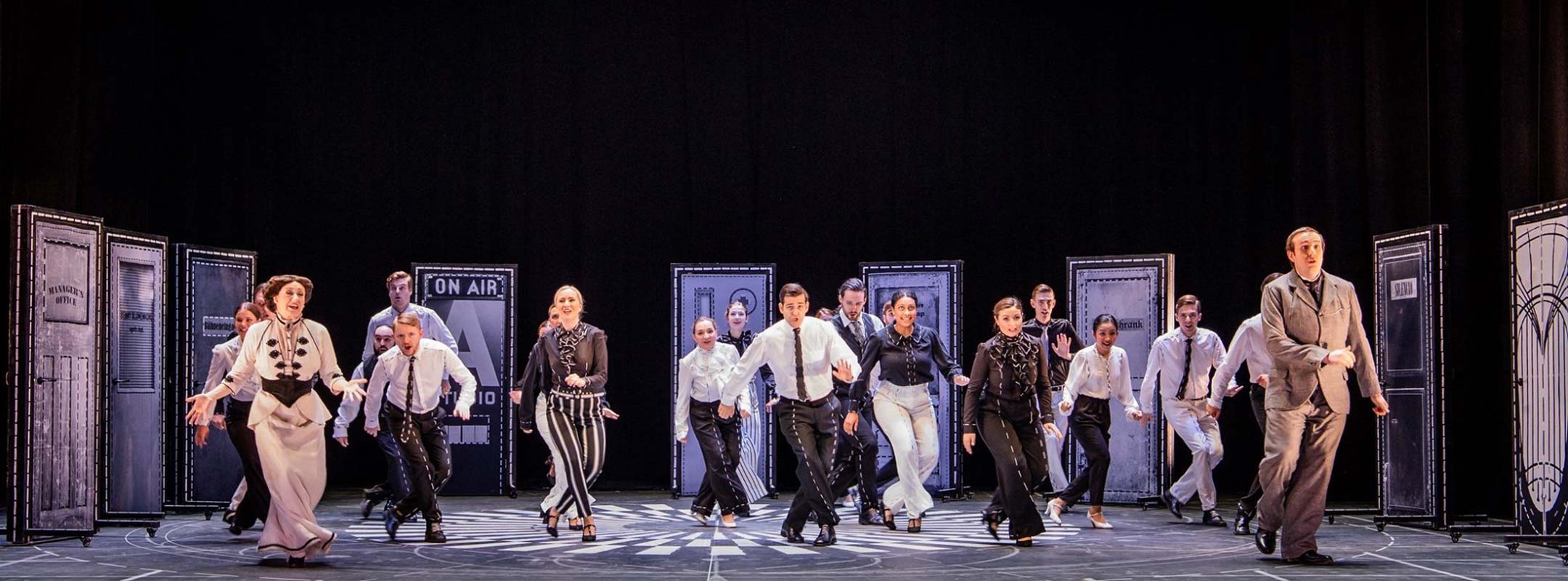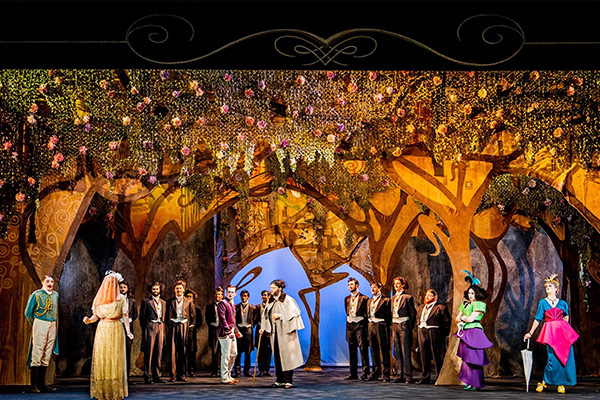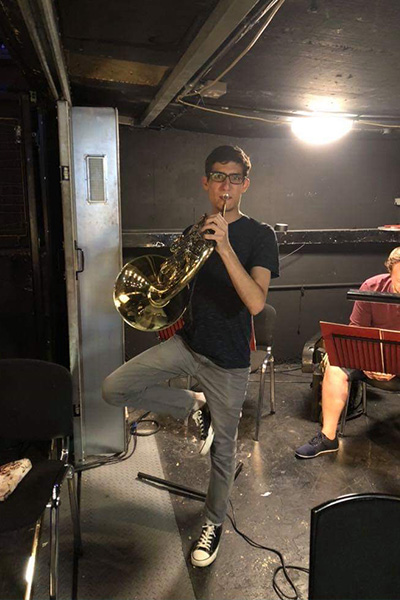
Horn
Playing in an opera as a regular symphony orchestra player is challenging. Performing in a pit in very low light, accompanying fabulous singers for three hours - and many other great adventures - pushed our boundaries even further and brought us together as a team.
Luckily, our very first opera run of Southbank Sinfonia 2019 was a side by side project with the wonderful British Youth Opera (BYO). The two performances we were working on were Scoring a Century by David Blake (conducted by Lionel Friend, libretto and directed by Keith Warner) and Rossini’s La Cenerentola (conducted by Peter Robinson and directed by Stuart Barker).

Rossini's Le Cenerentola
Challenges as an orchestra player in an opera production
As I mentioned earlier, we had to face many challenges during the operas. Fortunately, our conductors knew the opera style very well and had a lot of experience working with BYO before. We had to focus on communication as a team and trust our conductors and leaders. We had to adjust to the new, strange acoustics of the orchestra pit and extend our dynamic range without overpowering the singers. We also had to be extremely flexible because we were accompanying the singers on stage. The conductors, Lionel Friend and Peter Robinson, both said, “Its opera so anything can happen!”
Performance in the pit
We had very little space at the Peacock Theatre’s orchestra pit, especially for the Rossini piece because it involved the whole orchestra. Personally, when I was sitting there squeezed in with my colleagues and friends, it had a mysterious atmosphere. We weren’t able to see the performance on stage because it was above us but we had the conductors who made a great, strong connection between the orchestra and the singers and projected it to the audience.

Just about enough room for yoga
How is it different to an orchestra concert?
For me the biggest difference was, in an orchestra concert you can see the audience and they can see you as well. In an opera production, it’s completely different because the musicians are under the stage and invisible for the audience members. We had to rely on the conductors and trust them in every situation. In my opinion, it was easy for me because, during the rehearsals, they proved their skills and knowledge to me so the difficult and tricky entries became much easier.
What did I learn from the experience?
We spent three weeks together working on these projects and I learned a lot about myself and my orchestra fellows. It was super interesting to see how each of everyone handled pressure, all the rehearsals, two concerts per day and consistent work for a longer time.
One of the things I saw as an opera musician (also as a horn player) is that a lot of our greatest music comes from the world of opera. Of course, symphony orchestras do play excerpts and some of those passages are certainly done on concert stages but to play a whole other repertoire is a really special experience. Sadly, so much of it was not studied in my schools. It felt like a second career to begin.
Find out more about Máté here